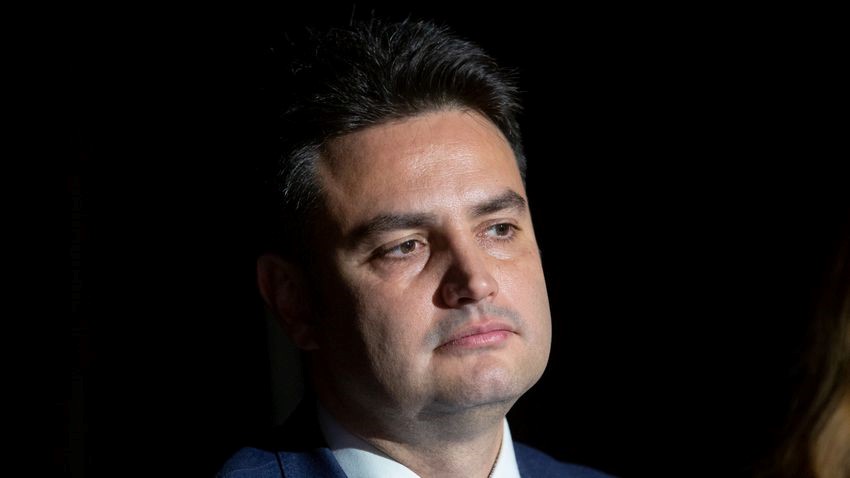Péter Márki-Zay did not mention in any of his resumes that he was a Eureletric committee member around the time of the overhead reduction, but Kontra found the hidden information. - can be read in Magyar Nemzet.
However, it would have been important for him to inform the public about this, since the global organization has been a member of the EU general staff for several decades and regularly formulates its opinions and guidelines to the European Commission. It is becoming more and more understandable why the leftist candidate for prime minister is going to the wall in order to undermine the utility reduction that provides serious help to millions of Hungarians.
The left has been criticizing the overhead reduction since its introduction, in accordance with the interests of Brussels. Until now, they argued against him by saying that he did not help the Hungarians in any way.
However, with the entry of Péter Márki-Zay on the scene, this fight rose to a new level.
The politician who was elected as the joint head of government candidate described the government assistance as harmful, irresponsible and stupid, and even called for its withdrawal.
The question arises: why does a small-town mayor do this?
Kontra got one step closer to the answer: although they tried to delete it from everywhere, there was a trace left that Márki-Zay was a committee member in one of the best-known Brussels energy lobby organizations representing global interests around the time of the utility reduction.
The problem with these irresponsible steps, like the overhead reduction, is that they are very easy to promise and deliver, and extremely difficult to cancel - said Péter Márki-Zay in the debate organized by Greenpeace in the second round of the primary election.
But what is this organization where, according to Péter Márki-Zay's own admission, he undertook social work in the early 2010s? Eurelectric, based in Brussels, is the most significant professional and interest protection organization of European electricity industry companies, but it also has member organizations on other continents.
Their work covers all important issues affecting the sector, from markets to energy policy to environmental protection, sustainable development and residential consumers.
Several of their proposals are available on the website of the European Commission they regularly write their opinions on the topic to the Brussels general staff.
It is worth noting that the Hungarian government fought and is currently fighting serious battles with Brussels in order to reduce utilities, where they did not want to accept the Hungarian solution.
At the height of the debate, in 2015, the European Commission sent its comments on the law to the Hungarian government. It was not possible to reach a common denominator, as a result of which the EU body turned to the European Court of Justice, which ruled in September of last year that EU law was not violated by the overhead reduction. According to the judgment, Hungary's utility policy and utility reduction do not conflict with Community law.
Despite this, the struggle continues, as the European Union began to force the downsizing of traditional European energy production under the slogan of climate protection, while liberalizing the gas and electricity markets without any transition. This left Europeans and their businesses at the mercy of the energy providers, only to now spread their arms and say there is nothing they can do about the high prices.
You can read the full article here












